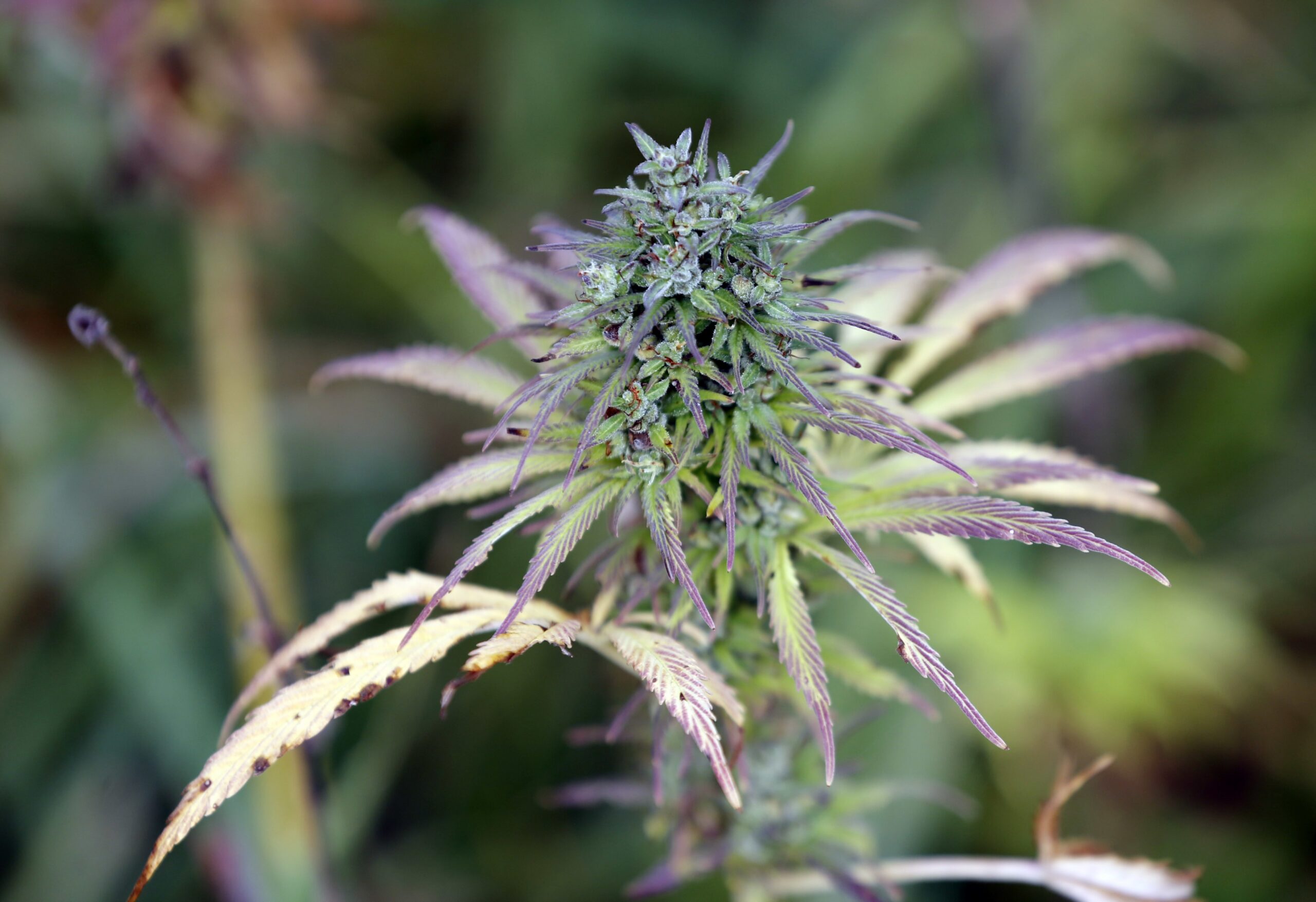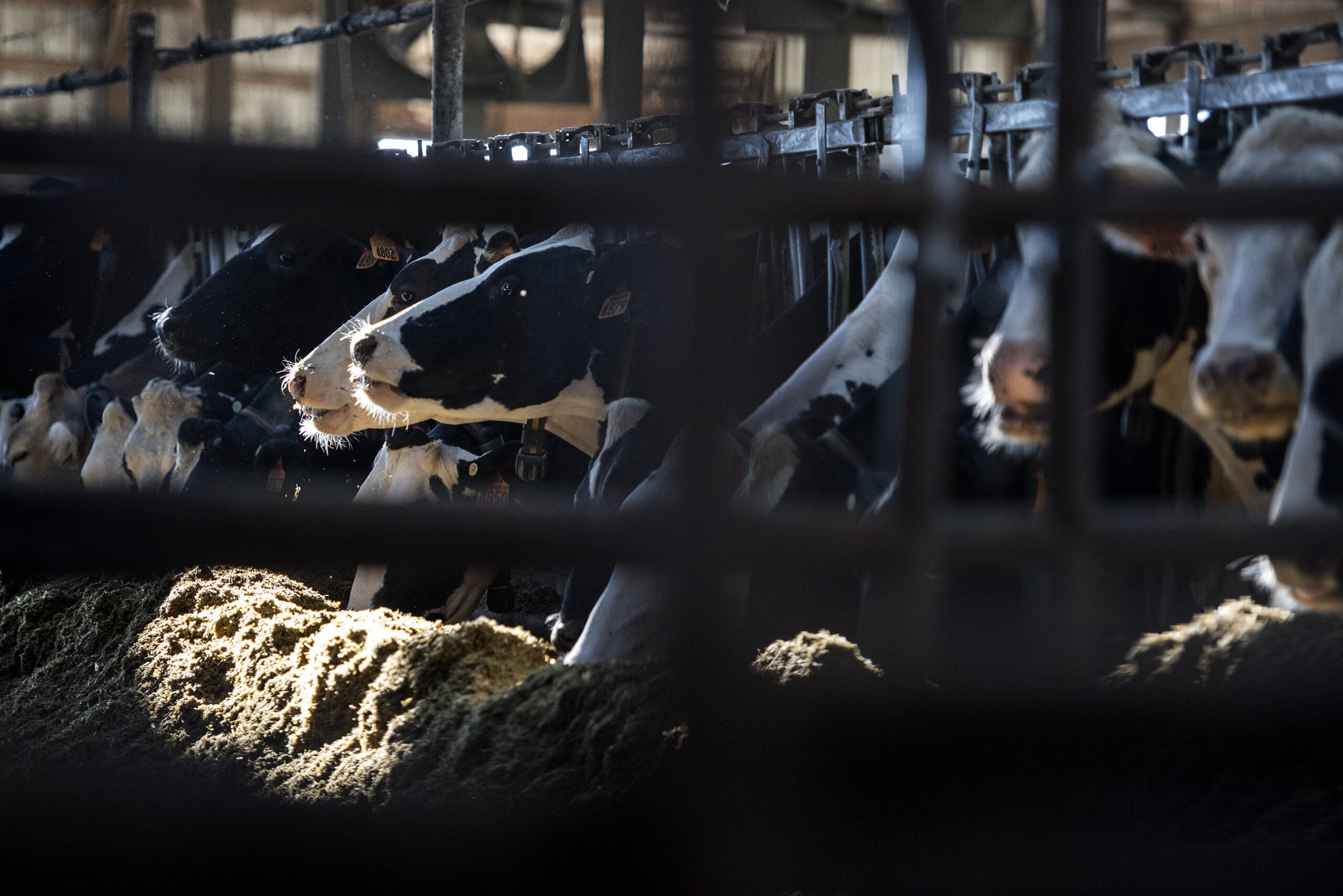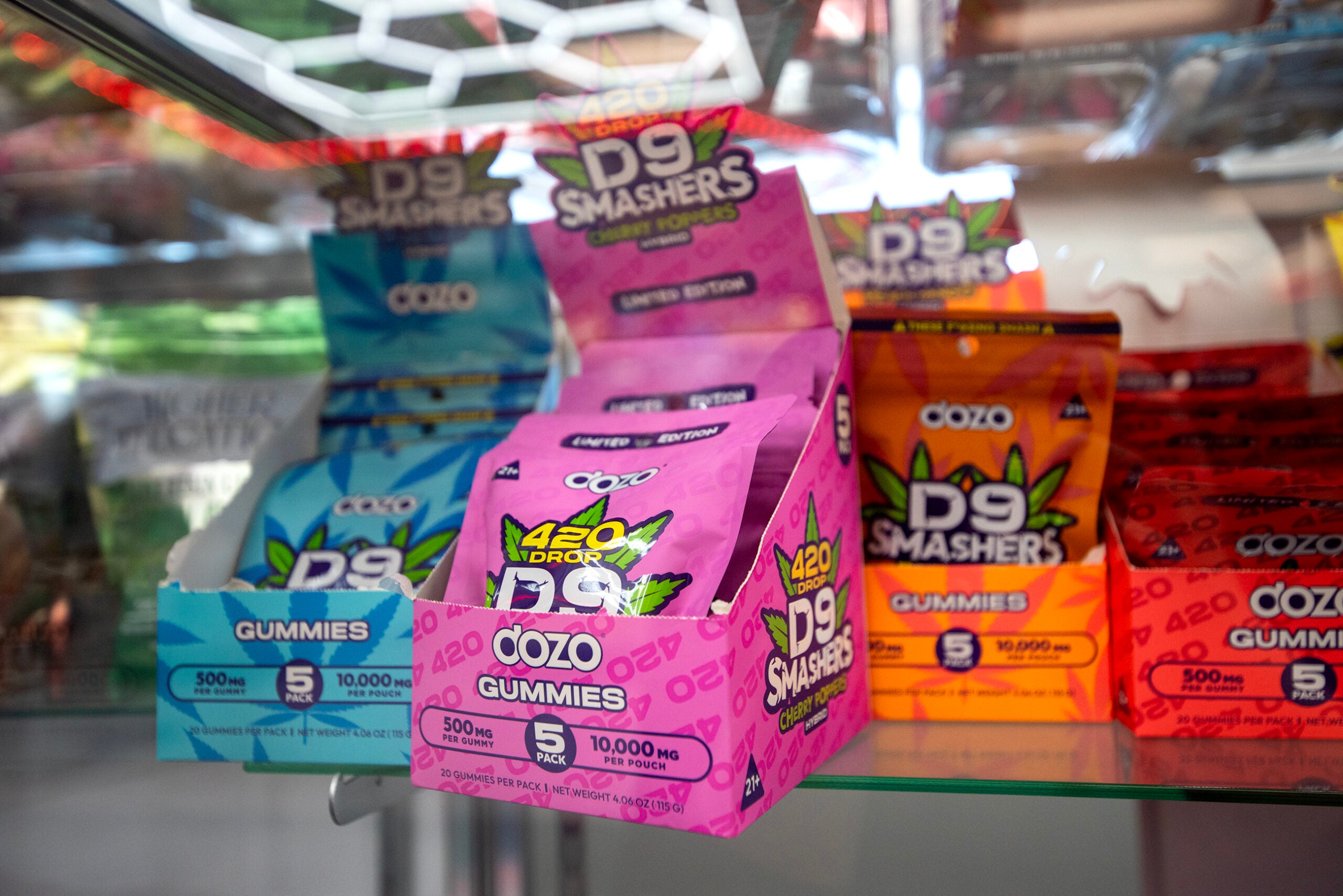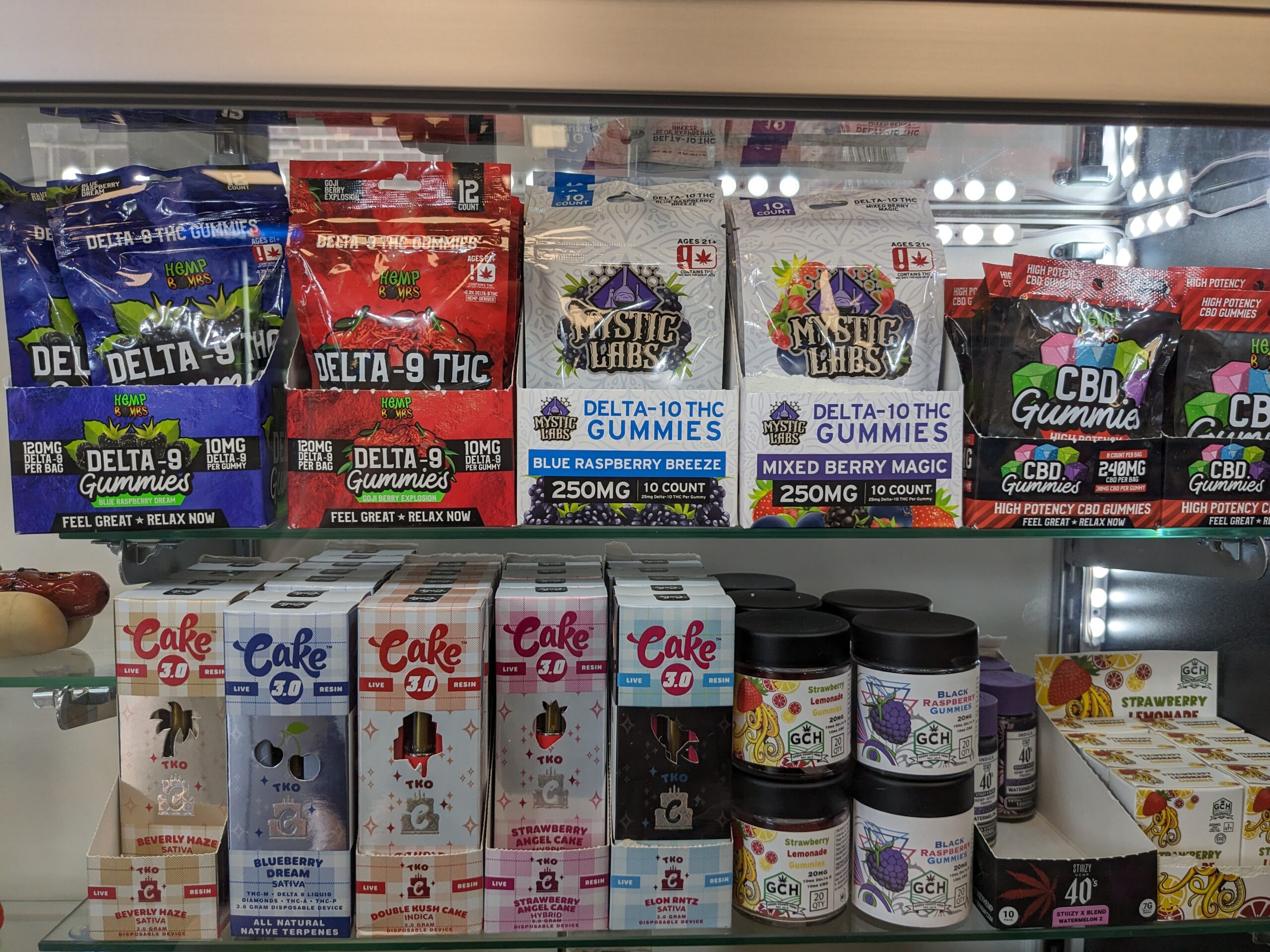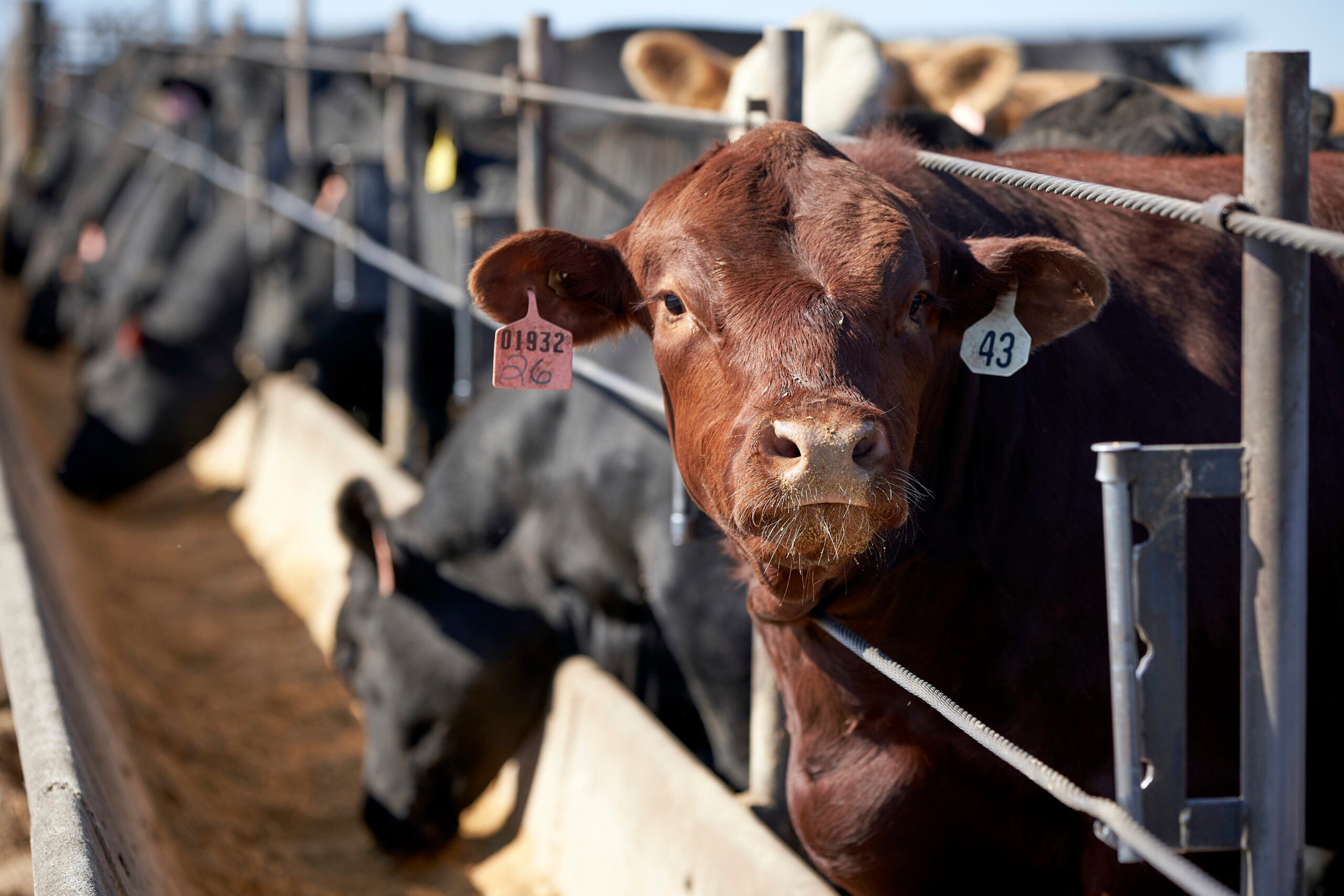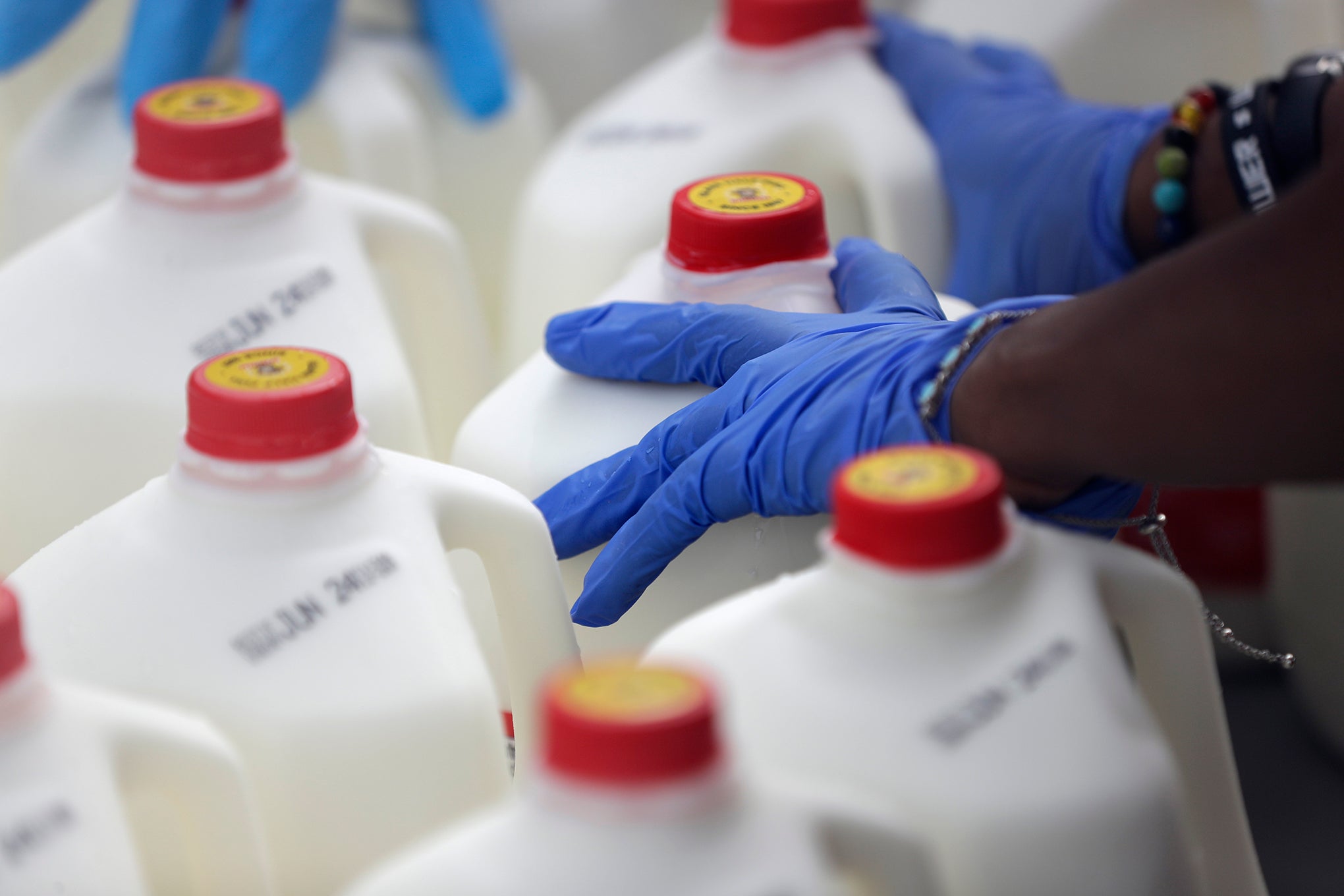In the summer of 2020, Jake Mohr worked as an industrial hemp inspector for the state Department of Agriculture, Trade and Consumer Protection (DATCP).
Mohr, who lives in Onalaska, said he enjoyed traveling to hemp farms and greenhouses to take plant samples, which he passed along to DATCP’s lab in Madison to ensure the crop was within the legal limit of THC.
“I enjoyed meeting hemp producers around southwestern Wisconsin and kind of seeing the varied types of operations they have. It’s a pretty plant as well,” he said.
News with a little more humanity
WPR’s “Wisconsin Today” newsletter keeps you connected to the state you love without feeling overwhelmed. No paywall. No agenda. No corporate filter.
When DATCP officials announced in September that the state was handing over regulation of the industry to the U.S. Department of Agriculture, Mohr decided to look into what it takes to become an inspector at the federal level. Mohr said he’s currently working for an organic certification company that does work with hemp producers and he’s hoping his employer will want to add THC sampling to their services.
“I’d like to do it again because I’ve been working from home for over a year now and I’m getting sick of staring out the same window,” Mohr said.
Mohr is one of only two USDA-certified hemp sampling agents in Wisconsin, as of Dec. 8. But the state’s hemp industry will need more people to take up the job in order for the transition to federal regulation in 2022 to be a success.
DATCP officials recently put out a call encouraging Wisconsin residents to become a certified sampler. According to a spokesperson, DATCP employed five limited-term employees and one full-time sampling coordinator for hemp sampling in 2021 when the state licensed around 800 growers. In 2020, when there were around 1,500 growers, the state employed 14 limited-term sampling employees.
Rob Richard, president of the Wisconsin Hemp Alliance, said the industry will likely need a similar number of private sampling agents in order to keep up with demand.
With several weeks left before the new year, Richard said he isn’t worried yet about the lack of agents. He said most growers won’t need to start looking for a sampling agent until spring. The hemp industry has always drawn in people with an entrepreneurial spirit, he added.
“I’ve got to believe that people are going to step forward and find a way to do this because there is money to be made. It’s a small-business opportunity for somebody out there who is interested in the hemp world,” he said.
Outside of Wisconsin, the closest USDA-certified sampling agents are in Mississippi, North Carolina or Montana. So Richard said whoever does start up a sampling business is almost guaranteed to have customers on top of getting to set their own fees.
Richard said he’s confident the free market will lead to the most fair sampling costs for hemp producers in the long run. Instead of being forced to pay the $250 fee set by the state’s hemp program, producers will be able to shop around for the best price.
But Mohr said he worries the USDA’s approach is too reliant on the market to provide required services for growers.
“If you’ve got people up in Rhinelander where the closest sample agent is based in Madison, let’s say, and they charge by the mile to get there plus whatever the sample cost is plus the actual processing cost that the lab charges, then you could be looking at a sample cost that’s higher than what it was to get certified under (DATCP),” Mohr said.
After completing his certification in October, Mohr said he started to worry that he would be the only certified sampling agent in the state when the program transitions to USDA on Jan. 1.
He said there was no cost to go through the online certification, which consisted of several online learning modules that took him about two hours to complete.
Compared to DATCP’s three-day, in-person training that he went through in 2020, Mohr said the USDA’s program was almost too easy and it doesn’t include a lot of direction on how to get started.
“Figuring out how do you get there, what are you charging, what kind of lab are you working with, it leaves a lot for the sample agent to figure out when there hasn’t been kind of a similar industry in the state of Wisconsin,” Mohr said.
He said he’s also worried about the implications of traveling around the state with a crop that could potentially have an illegal level of THC in it.
“You’re driving around with it in your car, bags of flowers that smell exactly like cannabis. So if you get pulled over, they don’t send you a badge or anything. They don’t even send you any kind of paperwork. But you have an email that says, ‘I’m certified to take hemp samples,’” Mohr said. “It just kind of feels like they gave you some directions and said ‘good luck.’”
Richard said he isn’t surprised to see the USDA take a more relaxed approach than the state did with training sampling agents. He said after the 2018 Farm Bill made industrial hemp a legal agricultural commodity, the agency has been able to start treating hemp almost like any other crop.
“They are a federal agency. Their size is huge and I just don’t think they can get too into the minutiae of ‘where can we regulate,’ versus ‘what is the minimum we need to do to ensure that the crop is being tested and is meeting the legal obligations and doing it in a safe way,’” Richard said.
Wisconsin Public Radio, © Copyright 2025, Board of Regents of the University of Wisconsin System and Wisconsin Educational Communications Board.

